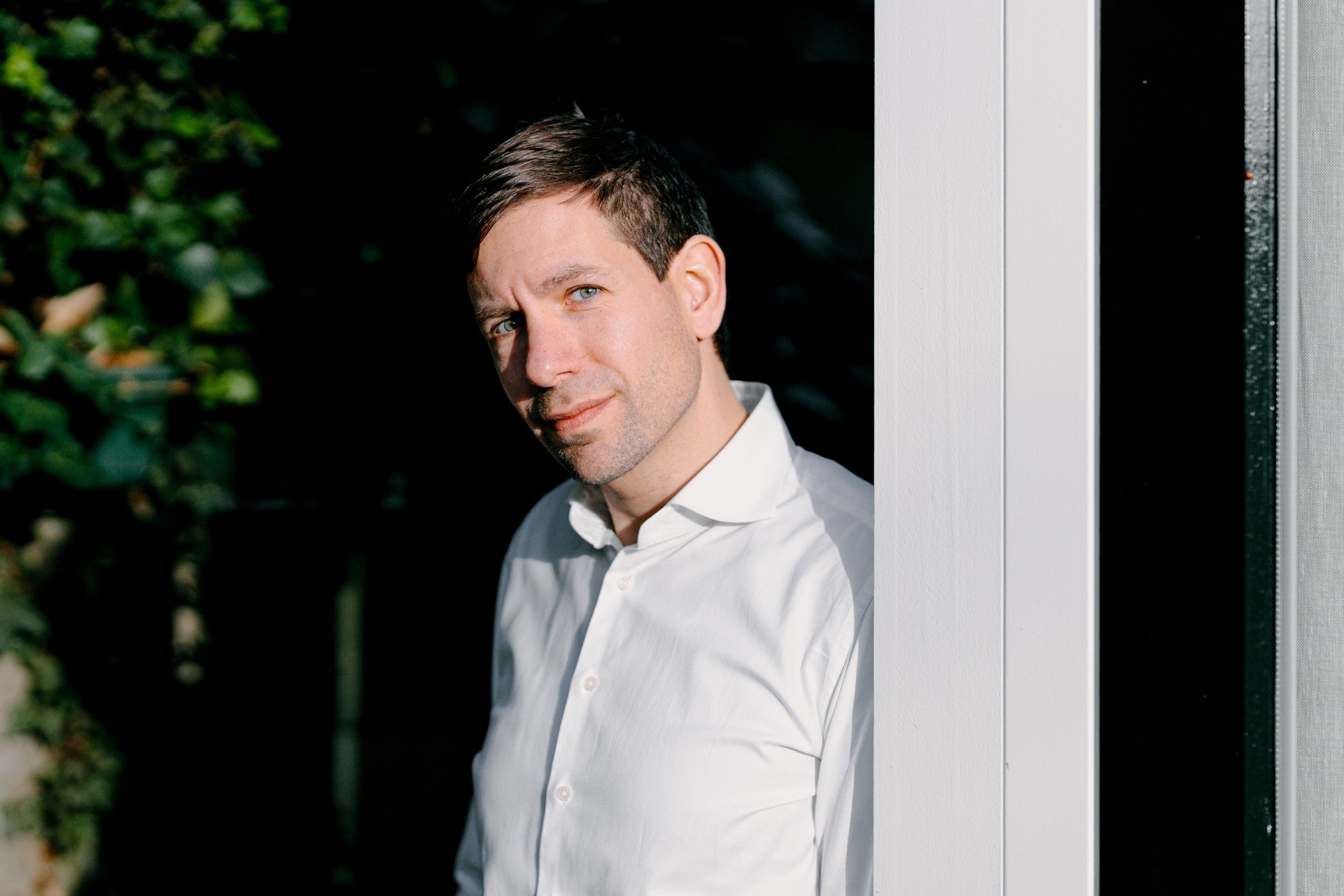He thinks that the taboo on openness about income is curious and that performance reviews are useless. Occupational and Organisational psychologist Kilian Wawoe shares his insights in the TV show Wat verdien jeand recently published his new book Het nieuwe belonen.‘More than 80 percent of Dutch people think they perform above average.’
Have you received any interesting reactions to your appearances in the TV show Wat verdien je? ‘The first episode was about healthcare. I was approached by a surprising number of doctors who wanted to let me know that their salaries have gone down in recent years. That’s true, but if you take a good look you’ll still see that they earn a lot compared to the salaries of other government officials.’

What do you think about the taboo on openness about income, and why?‘Remarkable! The Dutch culture is characterised by openness and directness. We’re one of few countries worldwide where prostitution and drugs are clearly visible on the streets, but we don’t want to talk about what we earn. We approached more than a hundred people for the show, but virtually no one wanted to come into the studio. Even Dutch celebrities who made candid revelations about their sex life and private life in the past didn’t want to tell us how much they made. I only have one explanation: we don’t want to stand out too much, but we don’t want to be too far down the pecking order either. You have nothing to gain from being open.’
You want to close the gap between science and real life. Are you currently more hopeful that this can be done than when you talked to VU Magazine? ‘No. Scientists get higher up based on the number of peer-reviewed articles they publish. Whether this knowledge actually leaves the academic bubble is of secondary importance. If you look at how an organisation selects, promotes and rewards its employees, you’ll have a good indicator of what that organisation considers to be important.’
‘Would you want to be admitted to a hospital where good and bad doctors are paid differently?’

In your newly published book Het nieuwe belonen, you show that we need to get rid of annual performance reviews in favour of continuous coaching. Are there any organisations that already work that way? ‘Lots of organisations have stopped conducting annual performance reviews: Eneco, Rabobank, Deloitte. The main idea is that it’s very difficult to represent performance with a number. When are you a 4 on a 5-point scale, and when are you a 3? Besides, it has been shown that over 80 percent of Dutch people think that they perform above average, which means that the score means nothing and often leads to disappointment. Continuous coaching, however, does have a positive effect on employees.’
In your book you argue for more fairly distributed remuneration, along with variable profit sharing. Could you tell us a little more? ‘Businesses often want to differentiate between good and bad employees in terms of how they are remunerated. That says something about a lack of management. Would you want to be admitted to a hospital where good and bad doctors are paid differently? In a well-run organisation, there are only good and excellent employees, and you can have them share in the company’s results equally. If only because, as I said, 80 percent of people believe that they belong to the excellent group of employees and will feel hard done by with every type of differentiation. In SMEs it often works like this: in a good year, there’s more to distribute, so you’ll get a bit more. When things aren’t going as well, you won’t get any extra.’






